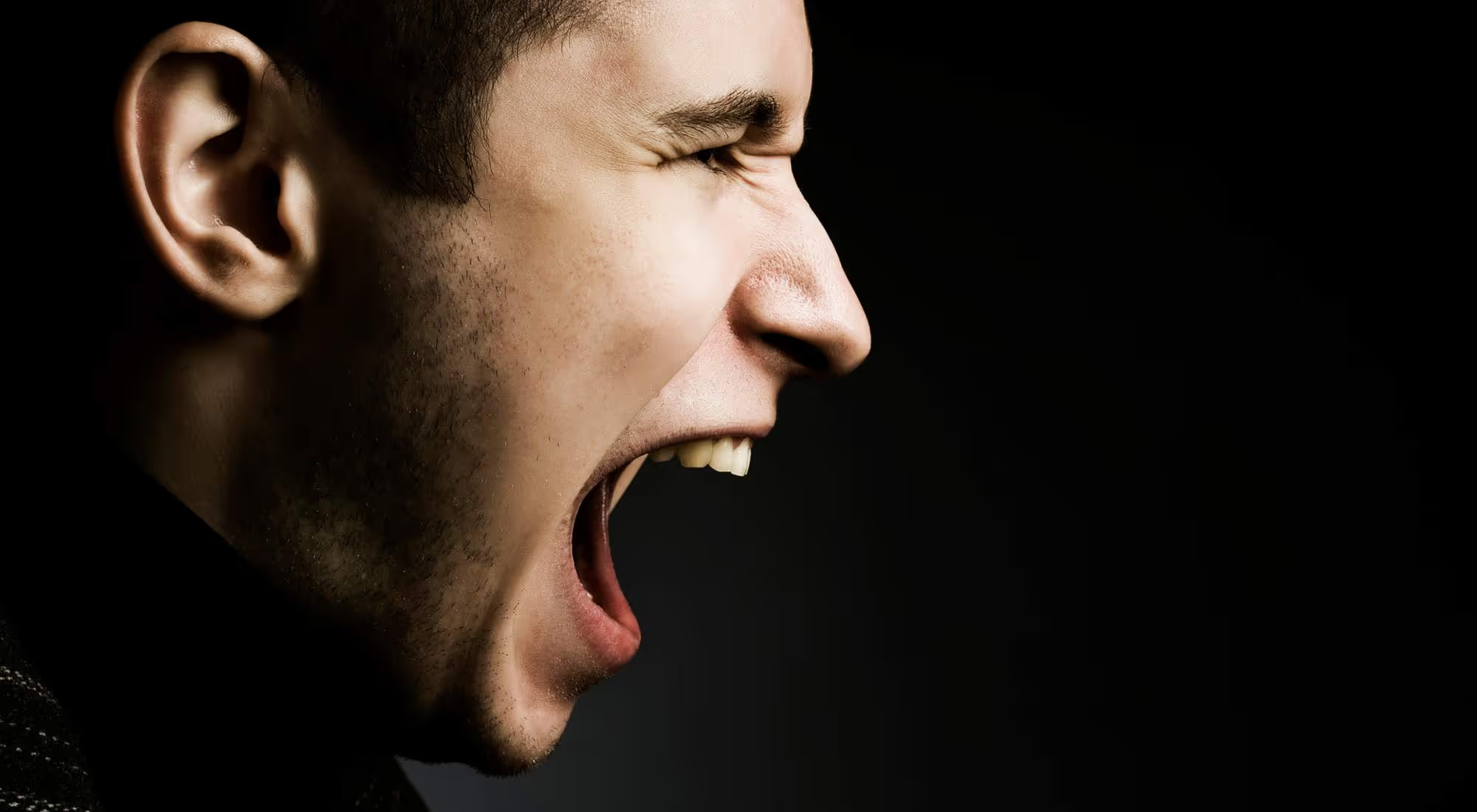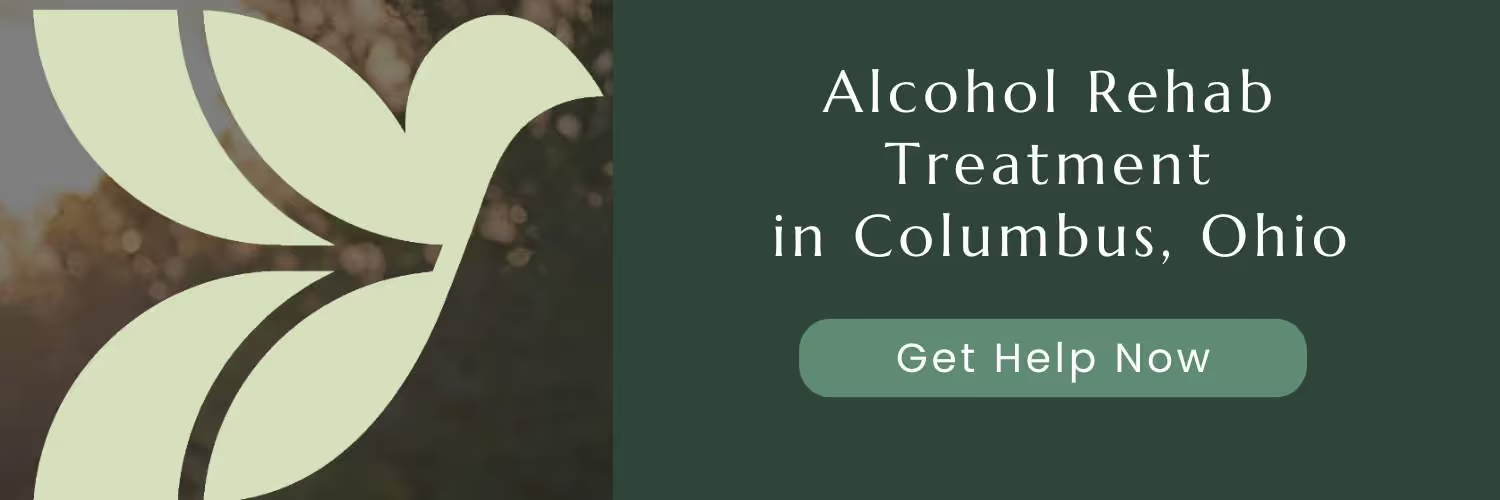Alcoholic Rage Syndrome: Signs, Causes, and Effective Treatment Options

You are out with friends, and your significant other picks up a drink. In your gut, you know it will probably not be the last since he is usually unable to stop after “just one”.
The rest of the night, you are on edge, trying to ensure his happiness because you know the potential rage that might ensue if something upsets him when he has been drinking. His buddy cracks a joke with him as the target, and you cringe as you watch his face wrinkle with disgust. Oh, how you wish his friend hadn’t said that, as he unleashes explosive anger that resulted from the ill-targeted joke.
You were all having fun with friends and a few drinks — until you weren’t. This rage is just too much. And it can’t be normal, right? And why does it happen?
Read further to understand the potential correlation between alcohol and bouts of rage and how to get help if needed.
Table of Contents
- Does Alcoholism Cause Rage?
- Warning Signs That Someone May Be Experiencing Alcohol Rage Syndrome
- Risk Factors of Anger Issues From Alcohol Use
- 5 Symptoms of Alcohol Abuse That Can Lead to Rage
- How the Effects of Alcohol on Brain Chemistry Can Cause Alcoholic Rage Syndrome
- Treating Alcohol Rage Syndrome
- Dove Recovery Offers Compassionate Care for Those With Alcohol Addiction Issues

Anger is a common emotion and needs to be expressed in healthy ways. However, uncontrolled anger, such as alcoholic rage, can be dangerous not only for the individual but those present around them.
Anger can express itself in aggressive or passive ways. Aggressive anger can manifest itself as:
- Bullying
- Physical or emotional abuse
- Destruction of objects
- Threatening and scaring people
Passive anger may be expressed as:
- Sarcasm
- The “silent treatment”
- Refusals to cooperate or complete simple requests
You may have heard someone referred to as “an angry drunk”. There is a good chance their consumption of alcohol, along with other risk factors, may be related to their anger or rage.
If you or someone you know is struggling with alcoholism and bouts of alcoholic rage, Dove Recovery offers individualized alcohol rehab in Columbus, Ohio. Our treatment programs provide a comprehensive, compassionate approach with medical stabilization and emotional support.

Are they just an angry person, or could it be the alcohol? And if they love me, why are they mean to me when they drink?
Alcohol overuse or misuse can lead individuals to do or say things they would never even consider had alcohol not been in the equation.
Potential behaviors of someone experiencing alcoholic rage include:
- Unpredictable or sudden outbursts
- Emotional instability
- Physical or violent behavior
- Verbally abusive language
- Irrational behaviors or actions
According to studies, there are distinct risk factors that may increase the potential for rage disorder related to alcohol, including:
- Male gender
- History of binge drinking
- Predisposition to anger
- An adrenaline-seeking personality
- Underlying anger or irritability
- History of lacking empathy
- Family history of relatives with anger or aggression issues related to alcohol

Coping with alcoholism may result in frequent mood swings, mental health issues, and difficult or damaging behaviors for the individual.
This emotional roller coaster of alcohol abuse not only affects the struggling individual but also extends to their loved ones and friends, causing distress and often damaging relationships.
Beware of these five symptoms of alcohol abuse that may lead to rage, and know where to find help.
#1: Impulsivity
When someone struggles with impulse control, they are unable to resist engaging in behaviors that cause harm to themselves or others.
Although impulse control and alcohol abuse are separate disorders, they often share common features. They are deemed co-occurring disorders — the presence of both substance use and a mental health issue.
Studies report that up to 50% of people diagnosed with impulse disorders also suffer from substance abuse.
#2: Impaired Judgment
Alcohol tends to lower inhibitions and increase impulsivity, but it also impairs the frontal lobe and prefrontal cortex. These are the parts of the brain that control higher-level cognitive processes like planning, reasoning, and problem-solving.
This means that alcohol not only impacts decision-making, but it also distorts a person’s sense of judgment to make wise decisions.
This is a key reason why people drive drunk or make other dangerous choices while drinking.
#3: Lowered Inhibitions
Alcohol can be directly responsible for lowered inhibitions or a reduction in self-control. Due to substance abuse, individuals may behave impulsively and dangerously or with socially inappropriate actions.
#4: Low Regard for Consequences
Legal limits, or blood alcohol concentration (BAC), exist for an individual to be considered sober and completely functional.
Following alcohol consumption, a person may experience:
- Reduced visual function
- Impaired coordination
- Reduced ability to multitask
- Delayed response to emergent situations
- Decreased regard for consequences resulting from behavior or actions, such as drinking and driving, sexual behaviors, or verbal and physical interactions with others
#5: Narrowed Focus
Alcohol may greatly narrow a person’s ability to be rational in a situation. For example,
they may not be able to step away from an argument despite the potential consequences of physical harm or legal charges if they continue to engage in the altercation.
As you drink, alcohol enters your bloodstream and travels throughout your body, where it impacts your organs and all body systems, but the most profound effects from alcohol occur in your brain.
If minor amounts of alcohol are consumed, you may experience lighthearted or “buzzed” feelings. However, alcohol is a depressant, and drinking too much at one time or regularly consuming larger amounts negatively affects our nervous systems.
When consuming alcohol, emotions can become heightened in potentially extreme ways. For example, if someone begins drinking when they’re feeling lonely or sad, they may discover that alcohol leaves them more desolate and distressed than before they began drinking.
This sounds familiar, but scientifically speaking, what actually happens in our brains?
- Dopamine increases, causing happy or giddy feelings.
- Serotonin decreases, and emotional regulation abilities are reduced.
- You might experience similar calming effects to that of Gamma-Aminobutyric Acid (GABA), a neurotransmitter that inhibits the communication between nerve cells.
- Glutamine, which has a stimulating effect, is hindered.
- GABA is metabolized and converted primarily to glutamine — resulting in excitement or potential anger and rage.
As with any substance, each individual responds in different ways, but anger or aggression may be the predominant response for some people.
Typically, anger will lead to aggression unless something happens to resolve the situation. If an intoxicated person becomes upset, a consoling friend might calm them down. If no one can defuse the tension, they may become aggressive or escalate into a rage.
It is not uncommon for those who deal with anger issues to become aggressive while drinking. This is not always the result, but it is more likely to happen.

To treat the symptoms, the underlying cause of alcohol use disorder must be treated.
Seeking professional help via counseling or therapy can be beneficial for individuals suffering from alcoholic rage syndrome.
Properly addressing alcohol-fueled aggression is crucial for your well-being and relationships. This unhealthy behavior can have multiple negative outcomes in life.
Fortunately, help is available at Dove Recovery. By seeking recovery for problems with alcohol and anger, you can work toward a more positive life.
Addiction is a progressive loss of control over the use of a substance or behavior. The user becomes obsessed with the substance or behavior despite adverse consequences, and may deny the existence of a problem.
Addiction does not just affect the individual person — it is also damaging to families, relationships, careers, and many other aspects of life. Those dealing with symptoms of alcohol rage syndrome may be ashamed of things they have done in the past, but they can seek treatment at Dove Recovery without fear of judgment.
Supportive and seasoned staff members specialize in addiction recovery treatment. We offer customized treatment plans that cater to each client’s needs, using evidence-based approaches like:
- Psychotherapy sessions
- Dual diagnosis therapy
- Relapse prevention techniques
- Counseling and therapy
- Inpatient programs
- Outpatient programs
- Partial hospitalization programs
Dove Recovery offers a comprehensive range of services designed to help you at every step of your recovery, with customizable options to fit your needs.
Contact us today to begin your road to recovery and overcome addiction and alcoholic rage syndrome.

